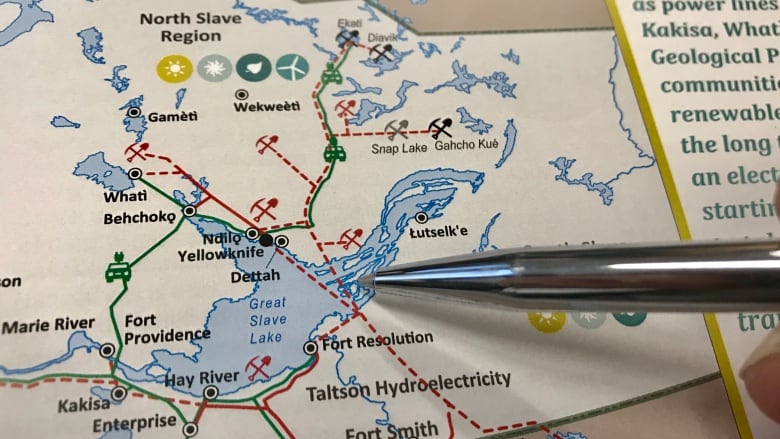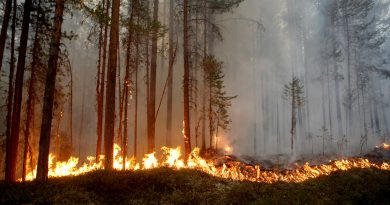Could an underwater link mean cheaper energy for Canada’s Northwest Territories?

A proposed high voltage cable crossing a shallow 100-kilometre stretch of Great Slave Lake is still years from being built — if it will be completed at all. The proposed link connecting two hydro systems, however, raises the possibility of a more reliable, sustainable and potentially cost-effective energy system in Northwest Territories, Northern Canada.
Electrical engineers from Teshmont Consultants were awarded the contract for the Great Slave Lake Submarine Cable Concept Study last month.
The $169,000 study will determine the technical feasibility, and the cost, of linking the Snare Lake hydro system outside Yellowknife (territorial capital) with the Taltson system near Fort Resolution (south of Yellowknife).
Better drought resistance
The underwater cable would reduce the need for back-up diesel when hydro falls short.
“Connecting the two systems would allow us to pull power from the south side of the lake when the north side of the lake is effected by drought,” says John Vandenbergen, an assistant deputy minister with the territory’s Department of Infrastructure.
By drought, Vandenberg is referring to water levels, as in the summer of 2014. Low water levels has meant diesel has had to be used at a cost to ratepayers.

Vandenberg said it’s too soon to say if the underwater cable would mean cost savings to homes and businesses. He said the feasibility study report is due next spring.
Vandenberg said the Great Slave Lake Submarine Cable Concept Study is part of the territorial government’s 2020 energy strategy.
“We are hoping for economic growth here in the Northwest Territories and if it occurs, and if mining is needing more power we’d like that power to come from hydroelectric rather than from diesel.”
Related stories from around the North:
Canada: Arctic Canadian town learns lessons from Alaskan wind farm, CBC News
Finland: Finnish government proposes banning coal by 2029, Yle News
Norway: The quest to turn Norway’s Arctic coast into Northern Europe’s wind power hub, The Independent Barents Observer
Russia: Svalbard town phasing out coal to become gateway for Russia’s Arctic tourism, The Independent Barents Observer
Sweden: Arctic winds: construction start for Europe’s biggest wind park, The Independent Barents Observer
United States: US Gov preparing for oil exploration in Alaska’s Arctic National Wildlife Refuge, Alaska Public Media



